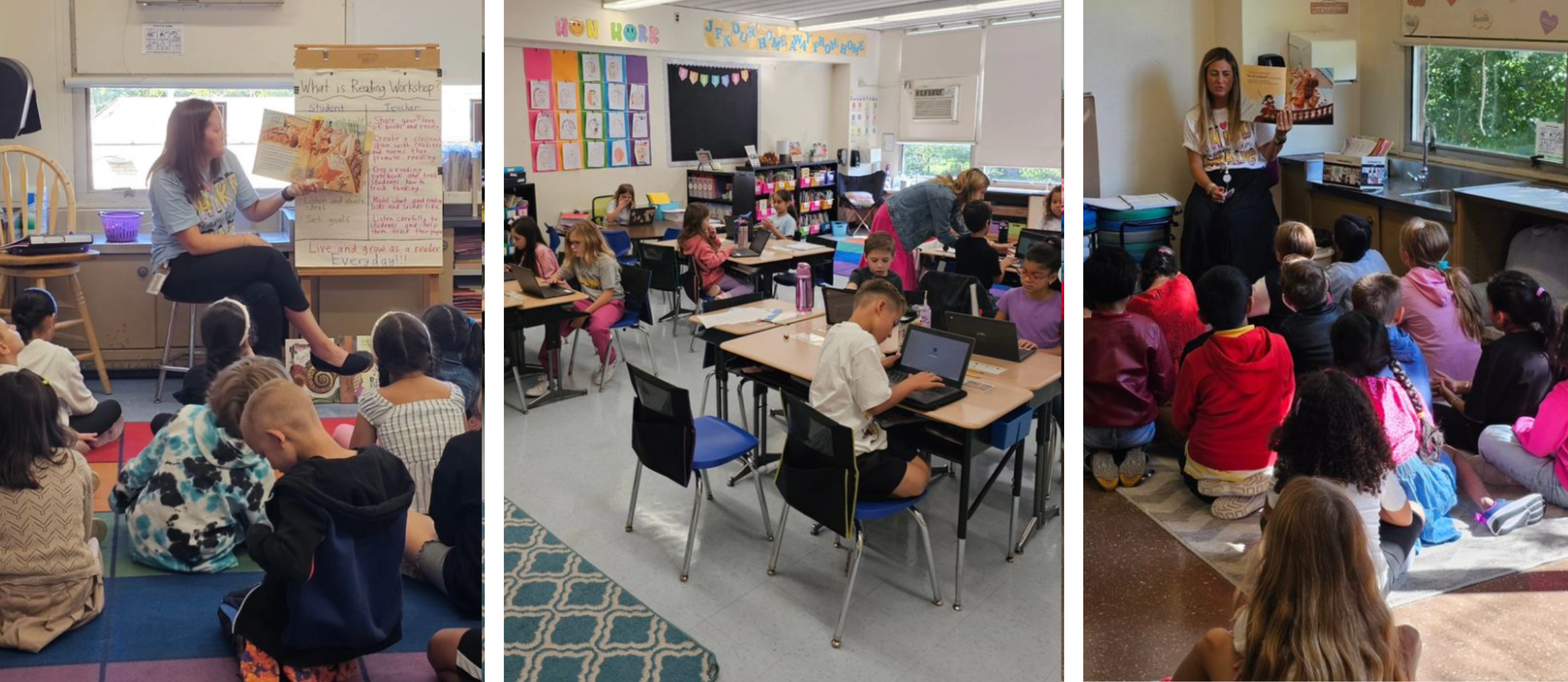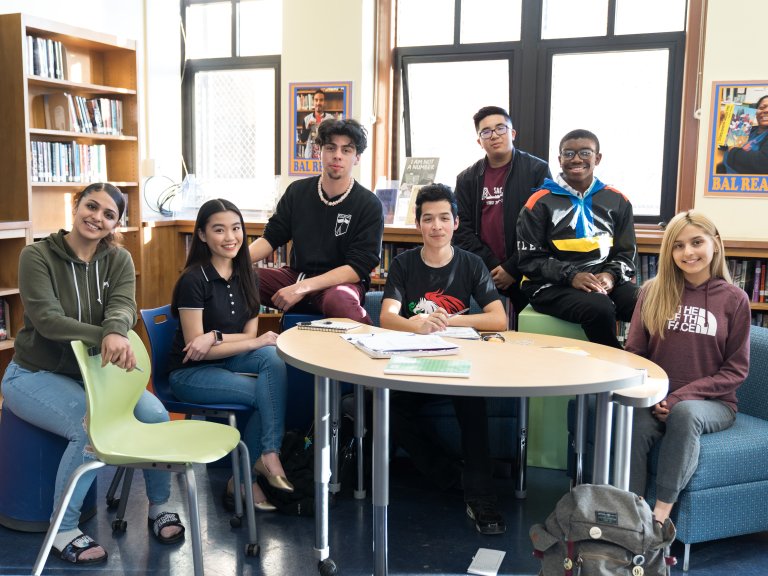Join the Motion to Save Temecula Schools: Neighborhood Action Needed!
Join the Motion to Save Temecula Schools: Neighborhood Action Needed!
Blog Article
Recognizing the Relevance of Schools in Kid Growth and Area Growth
Colleges' involvement with local communities via service-learning initiatives enhances the bond between households and educational organizations. This symbiotic relationship highlights the relevance of institutions in nurturing active citizenship and lifelong understanding routines.
Academic Accomplishment
Academic achievement serves as a foundation of child development, giving the foundation upon which future learning and success are constructed. Schools play an essential role in cultivating this academic growth, supplying organized environments where kids can obtain vital knowledge and cognitive skills. Standardized educational program make sure that students gain proficiency in core subjects such as maths, science, and language arts, which are critical for both college and professional possibilities.
In addition to giving essential scholastic abilities, schools additionally cultivate vital thinking, analytical capabilities, and intellectual interest. These cognitive competencies are essential for browsing intricate real-world situations and adjusting to the ever-evolving demands of the contemporary office. Teachers, as facilitators of understanding, employ diverse instructional approaches to satisfy diverse learning styles, consequently taking full advantage of specific trainee potential.
Additionally, scholastic success is closely connected to self-confidence and motivation. Children who experience scholastic success are more probable to establish a positive self-concept and a long-lasting interest for learning. Institutions additionally use various resources, such as libraries and modern technology, which further enhance the educational experience and prepare trainees for a highly advanced society.
Social Skill Growth
Beyond scholastic achievement, the role of institutions in social skill development is vital. Schools function as a main location for kids to find out and exercise necessary social abilities such as problem, interaction, and teamwork resolution. In the structured environment of a class, students connect with peers, educators, and various other institution team, supplying many chances to create these important capacities.
Effective social skill advancement in institutions is helped with with group tasks, joint projects, and extracurricular programs. These communications assist students recognize social norms, build compassion, and promote a feeling of neighborhood. For instance, team tasks teach pupils exactly how to collaborate towards an usual goal, pay attention to different viewpoints, and browse arguments constructively.

The farming of social abilities throughout institution years lays a structure for future personal and expert partnerships. Save Temecula Schools. As trainees grow, the capacity to effectively communicate and team up ends up being progressively important, highlighting the institution's critical function in holistic kid advancement
Direct Exposure to Diversity
Direct exposure to variety in colleges is basic to fostering a comprehensive state of mind and expanding trainees' perspectives. Schools act as a microcosm of the more comprehensive culture, and encountering diverse societies, languages, and socioeconomic histories within this atmosphere furnishes students with crucial abilities for browsing a significantly globalized globe. This exposure encourages compassion, lowers prejudices, and advertises shared respect among peers.
Research suggests that students that interact with peers from diverse histories display far better analytical skills and creativity. This understanding of variety prepares students for future offices that worth modern skills - Save Temecula Schools.

Community Engagement
The benefits of varied class expand past the school wall surfaces, cultivating a solid feeling of area involvement among trainees. By engaging with peers from different cultural, socioeconomic, and ethnic histories, trainees get a wider point of view and an appreciation for variety. This direct exposure urges them to come to be energetic citizens that agree to add favorably to their neighborhoods.
Colleges that emphasize community engagement often incorporate service-learning tasks, which permit trainees to attend to real-world issues while using scholastic skills. These projects not just boost trainees' understanding of their coursework but also infuse a feeling of obligation and empathy. In addition, collaborations between colleges and regional organizations provide pupils with possibilities to join community occasions, additionally solidifying their duty as positive community participants.
Furthermore, parental and area involvement in schools enhances the bond in between educational establishments and the communities they serve. With these initiatives, institutions play a pivotal role in nurturing neighborhood interaction and cultivating societal growth.
Lifelong Discovering Behaviors
Creating lifelong understanding habits is vital for a kid's constant development and flexibility in an ever-changing globe. Colleges play a pivotal function in instilling these habits by creating an environment that promotes curiosity, critical reasoning, and a love for understanding. With varied educational programs and extracurricular tasks, instructors urge trainees to discover numerous subjects, examine wikipedia reference information seriously, and use their discovering to real-world circumstances.

Moreover, schools offer an organized setting where children can establish self-control and time administration skills, both of which are vital for continuous knowing. By highlighting the importance of establishing objectives, assessing progress, and adapting methods, universities prepare students to navigate the complexities of adult life, ensuring they remain long-lasting learners and contributors to society.
Final Thought
In verdict, colleges are necessary in fostering child advancement and neighborhood growth by offering environments for scholastic success, social ability advancement, and direct exposure to diversity. Through collective jobs and interactions, institutions improve important thinking, compassion, and interaction abilities. Neighborhood interaction initiatives better strengthen the bond between universities and neighborhood neighborhoods. Ultimately, schools grow long-lasting discovering routines, furnishing individuals with the necessary understanding and abilities to contribute favorably to culture.
In the organized setting of a class, students communicate with peers, educators, and other institution team, providing countless opportunities to establish these critical capabilities.
In significance, exposure to diversity within institutions not just enriches private trainees yet also enhances the social textile of the area as a whole.
The benefits of diverse class expand beyond the institution wall surfaces, cultivating a solid sense of neighborhood involvement amongst students.Schools this content that highlight area involvement frequently integrate service-learning tasks, which permit students to deal with real-world troubles while using scholastic skills. Partnerships between schools and local organizations provide students with opportunities to get involved in community occasions, further solidifying their duty as aggressive neighborhood members.
Report this page